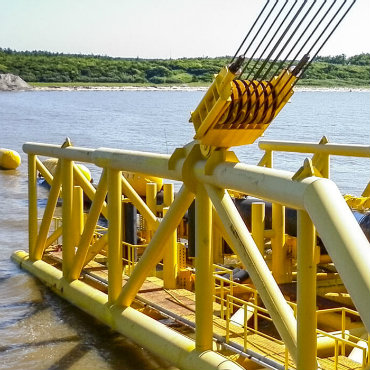
In November 2018, Danish national transmission system operator Energinet and Polish state transmission system operator Gaz-System S.A. took the final decision to commence the construction of the Baltic Pipe project.
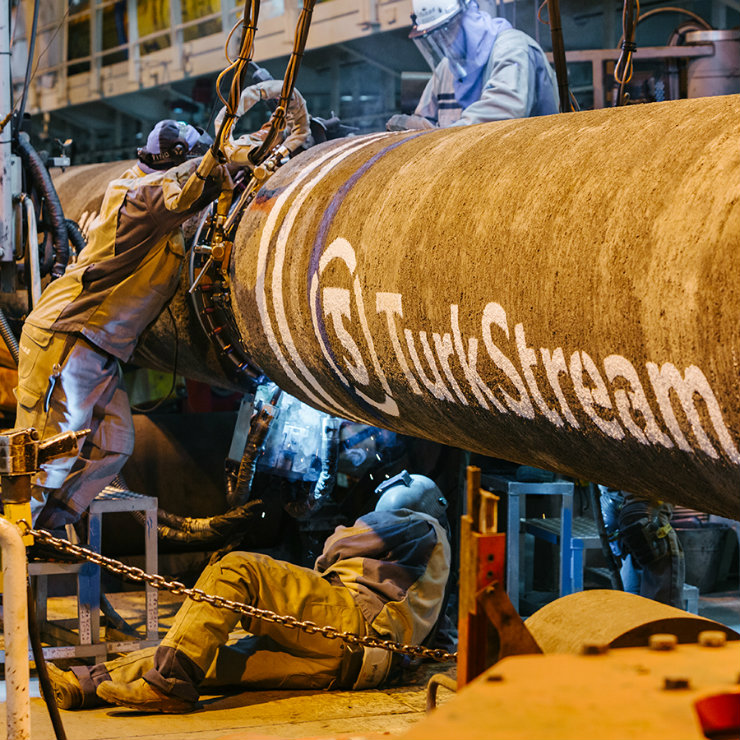
On November 19th, 2018, Russian President Vladimir Putin and his Turkish counterpart Recep Tayyip Erdogan marked the completion of the offshore phase of a gas pipeline linking the two nations from underneath the Black Sea.
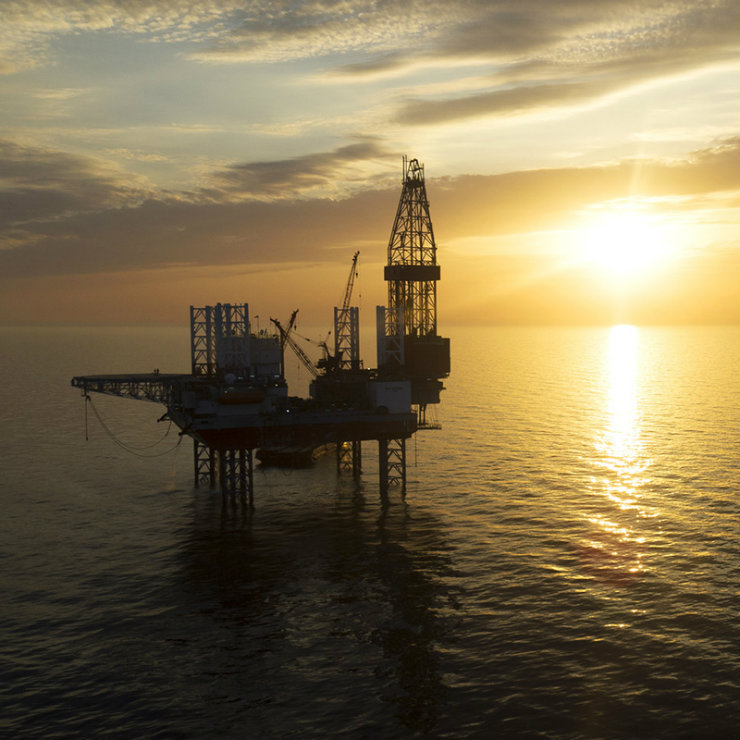
The development of the huge gas field in the Romanian part of the Black Sea could be halted due to the new legislation that angered the major oil&gas companies.
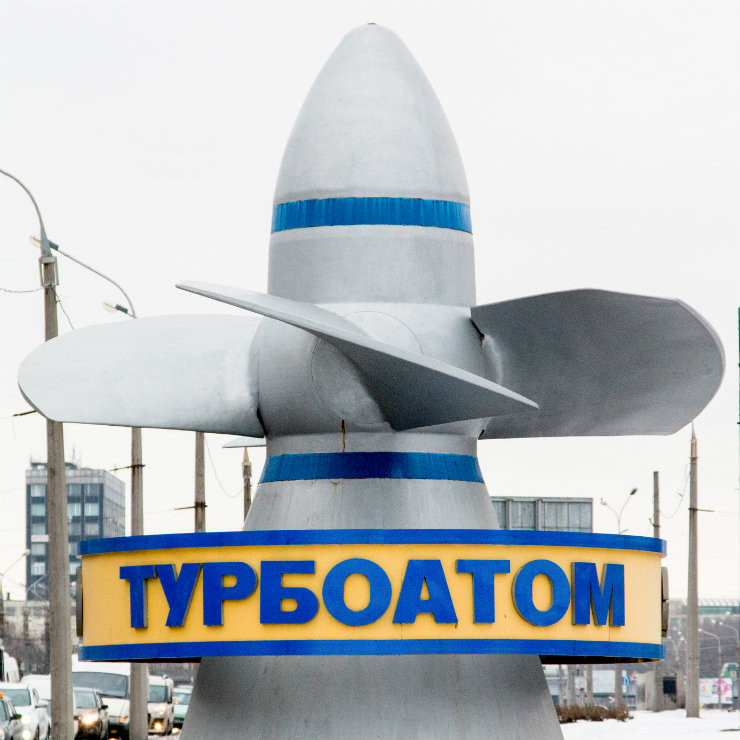
According to the experts, the mass privatization of state-owned enterprises that has been launched in Ukraine, will not fulfill the hopes for a revival of the Ukrainian economy. Meanwhile, such a revival is badly needed.

The Hungarian government wants to diversify the sources of natural gas imports, with Polish and Croatia terminals supplying the US and Qatari LNG. But its main focus remains Russian gas, as the Turskstream pipeline makes clear.
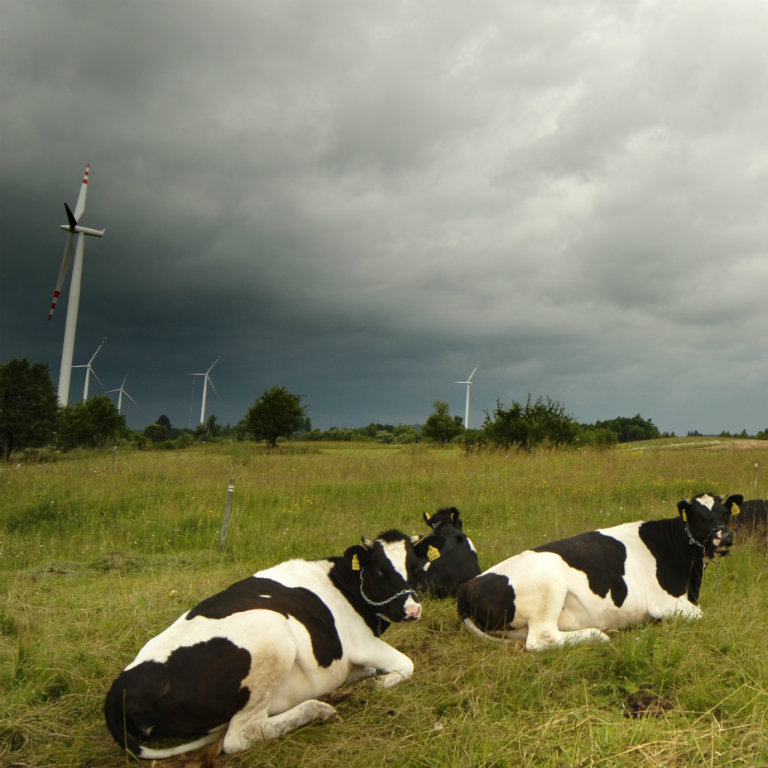
Polish renewable energy production drops slightly as role of coal power is still strong. According to the latest Polish Energy Market Agency figures, Poland exported less energy than it imported.
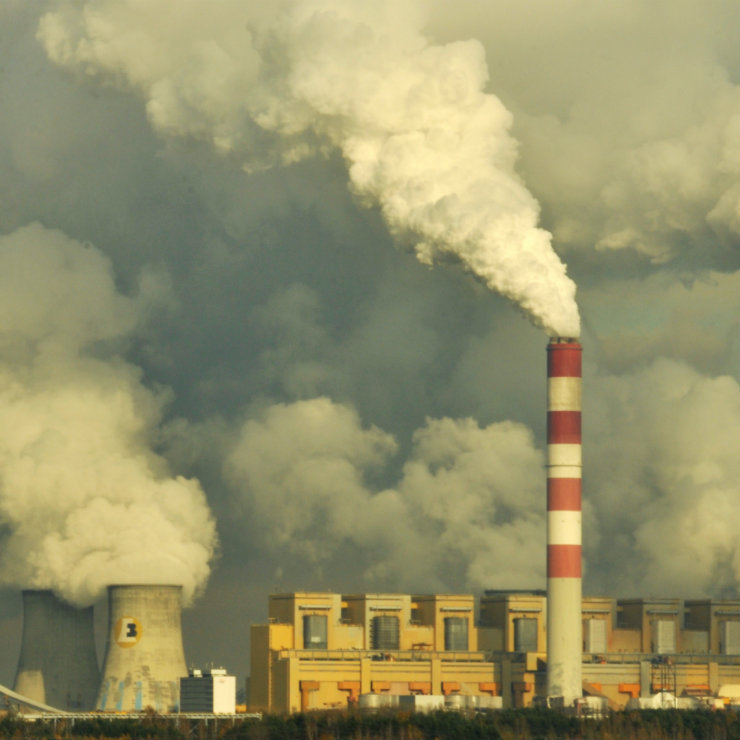
Excessive investment in coal-based energy may result in a crisis in the banking sector. Such a scenario is taken into consideration by experts at WiseEuropa.

The Baltic Pipe project has obtained a welcome boost in the form of financing from the European Union, to a maximum of EUR18.3m, as well as having its route recommended.
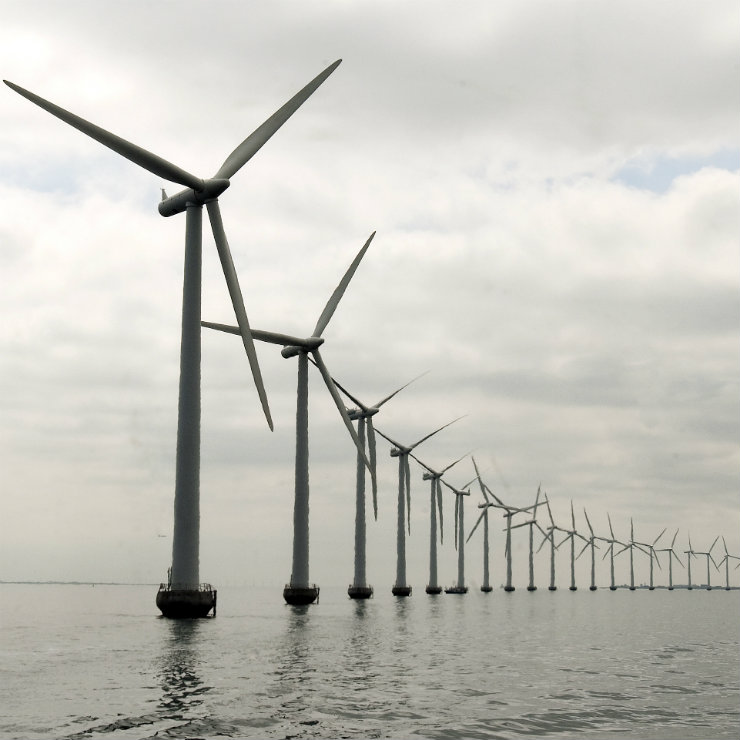
Estonian energy company, Eesti Energia takes over renewable energy developer Nelja Energia. The value of the transaction is EUR289m. The Baltic States’ electricity systems will be connected to the Continental European Network...

Serbia signed an agreement with Russian Nuclear Energy Corporation for the development of innovations and new technologies in the field of nuclear energy for peaceful purposes, primarily in medicine and agriculture.